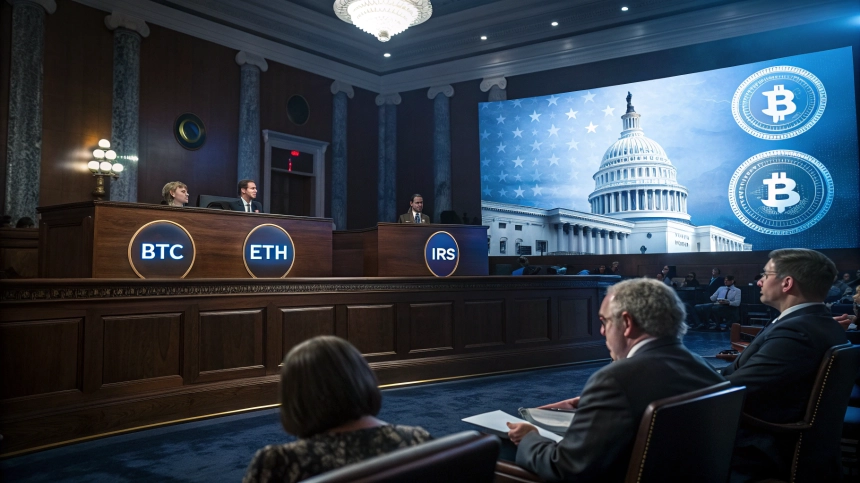The US Treasury has decided to repeal the controversial tax reporting rule TD 10021, RIN 1545-BR39 for cryptocurrency. If implemented, this rule could have introduced extensive new requirements for DeFi, potentially harming the US industry.
However, this cryptocurrency broker rule was not scheduled to be implemented until 2027. The US government is rebuilding a future that eliminates anti-cryptocurrency regulations and protects community interests.
Cryptocurrency Taxes... US Treasury
Over the past few months, a wave of cryptocurrency-friendly regulations has hit the United States.
Enforcement agencies have exposed systematic mistreatment of the industry, the Federal Reserve is easing restrictive rules, and the Treasury is currently abolishing the IRS's tax reporting policies.
🇺🇸 US Treasury's crypto broker rule has been KILLED.
— Simon Dixon (@SimonDixonTwitt) July 10, 2025
Bitcoin in self-custody in US is safe for now.
No KYC on code.
No IRS dragnet on peer-to-peer.
No chokehold on self-custody.
Centralized exchanges still report.
But Bitcoin stays free in self-custody. 💪 pic.twitter.com/TprTQPH9OH
So what was this controversial rule? The IRS issued these guidelines in late 2024, after Harris's election defeat and before Trump's inauguration. Essentially, the Treasury would require all cryptocurrency sellers to act like registered brokers and report all transactions to determine user tax obligations. This could impose enormous burdens on DeFi.
However, TD 10021, RIN 1545-BR39 was not scheduled to be implemented until 2027. According to Bloomberg's reporting, the Treasury's cryptocurrency tax reporting changes had been in preparation for some time.
President Trump encouraged Congress to pass a bill repealing the rule, which was passed in April. It took additional time to finalize the complete repeal.
The community reacted very positively to the Treasury's tax policy changes, though there may have been some fear-mongering about the actual meaning of the rule.
For example, the rule was focused on frontend services interacting with users, without imposing such restrictions on code. This policy would not necessarily limit self-custody.
Additionally, as industry representatives pointed out yesterday, blockchain transaction data is highly traceable.
Nevertheless, the Treasury explicitly repealing this tax reporting rule is positive. The agency has made several cryptocurrency-friendly decisions in recent months, including lifting sanctions on Tornado Cash in March.
Hopefully, this new cryptocurrency-friendly direction can continue to contribute to fighting corruption and protecting consumers.






